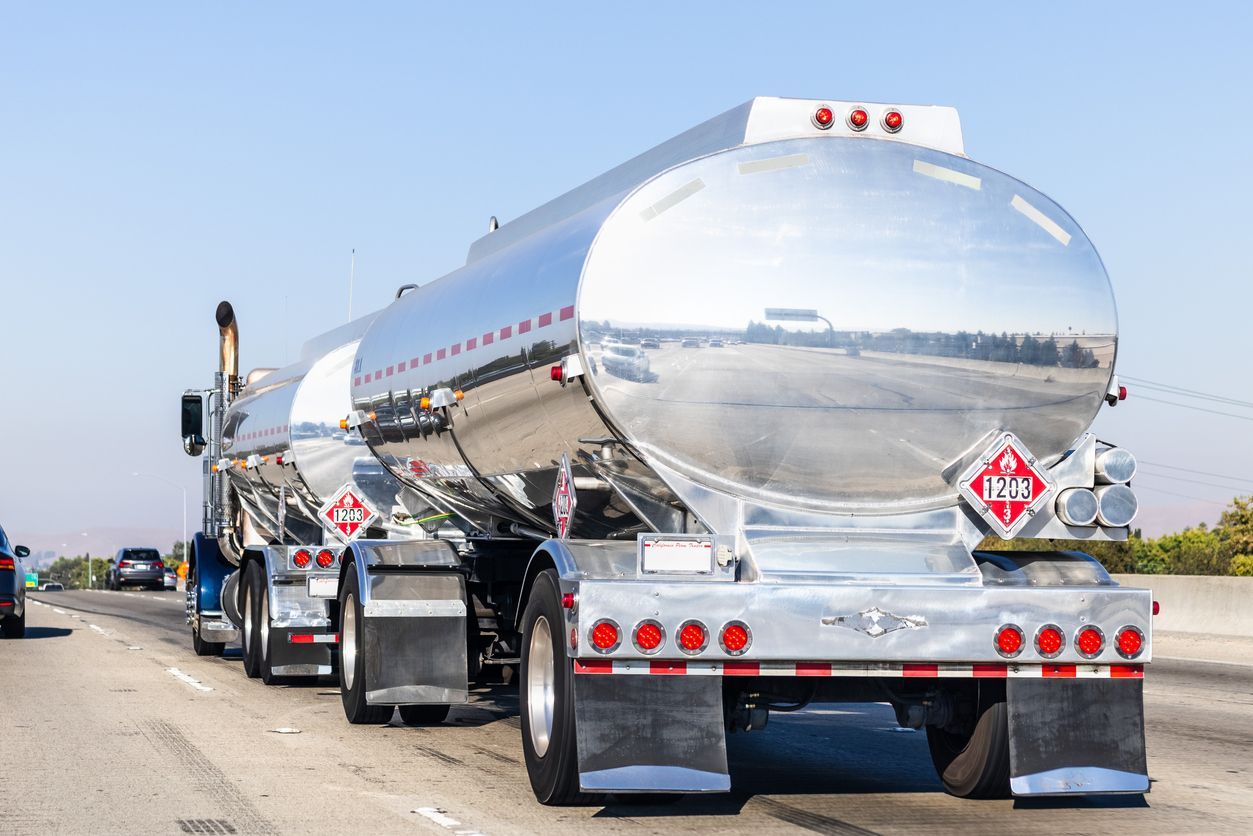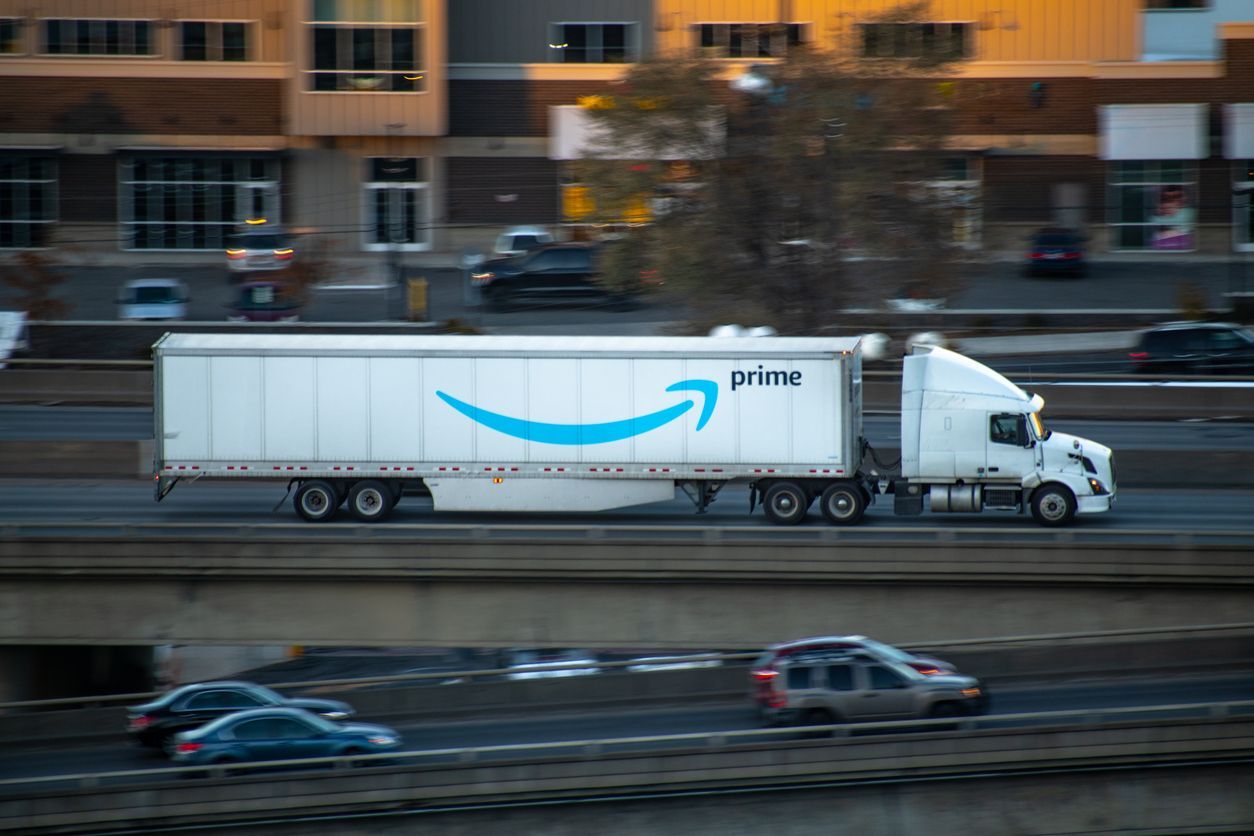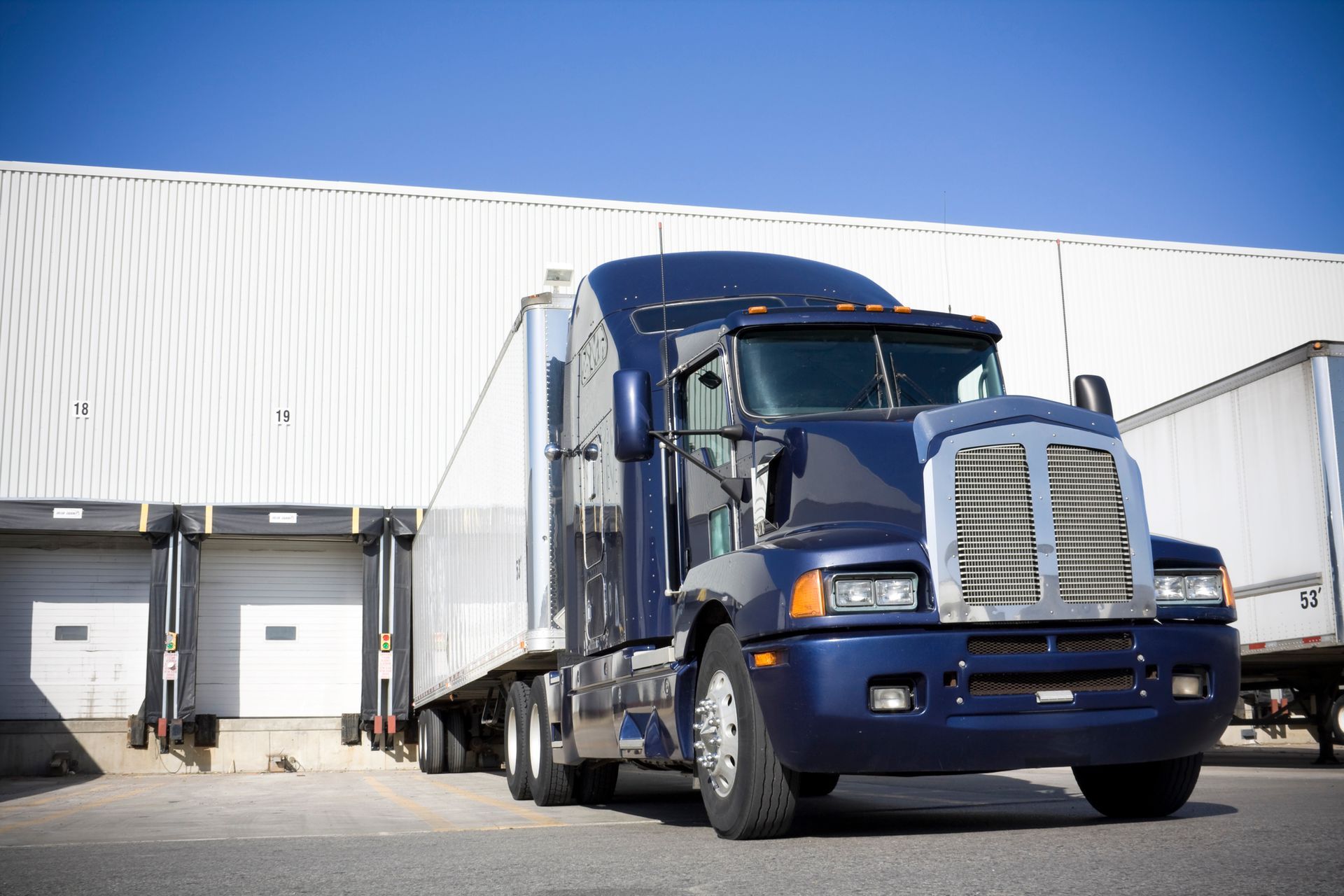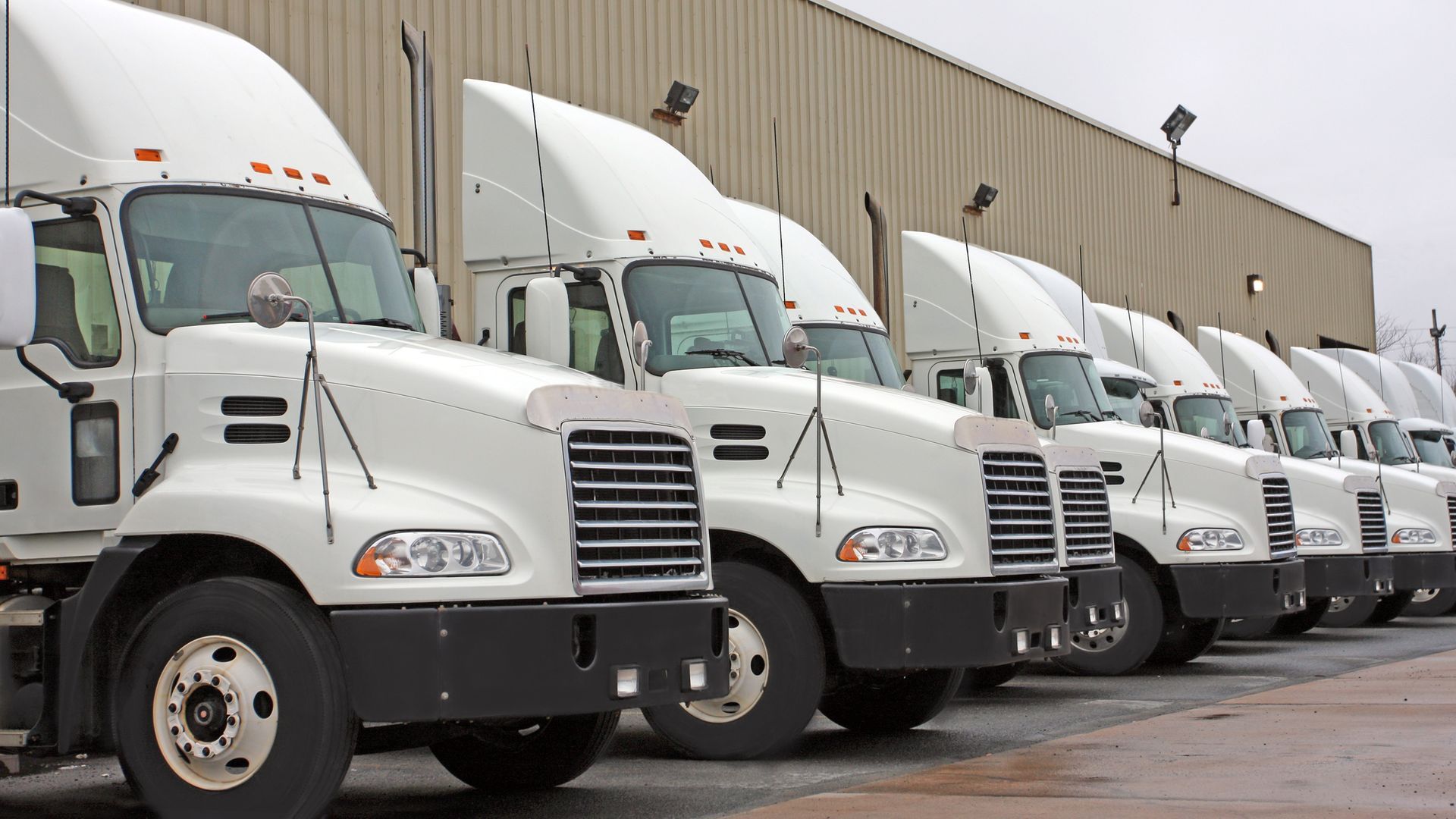For several years now, cyber attacks have been on the rise within the trucking, transportation, and logistics industries. The issue has drawn so much attention that the National Motor Freight Traffic Association (NMFTA) made cybersecurity one of their main areas of focus during their 2023 Digital Solutions Conference , sharing insights from the United States Secret Service (USSS) to help safeguard the sector against future cybersecurity breaches.
Cyber Attacks in Transportation
8 Cyber Attacks in Transportation & What They Mean for the Industry

If history has taught us anything, it’s that no company is immune to these threats. From small outfits to global businesses, trucking and logistics companies of all scope and size are at risk. The good news: With the right tools and techniques, you can significantly reduce your risk and strengthen your cyber security posture.
Here, we share a closer look into the most recent cyber attacks in transportation — and what these events mean for the industry as a whole.
Which Trucking Companies Have Sustained Cyber Attacks?
The transportation sector may still only account for a small share of cyber attacks compared to industries like finance, healthcare, and government. But when we consider the 400% increase in reported cyberattacks that has occurred within the industry between 2017 and 2022, there’s little room for peace of mind. In fact, it’s now more important than ever to take a more defensive approach against cybercrime.
We can learn from the example of many other trucking companies that have already experienced cyberattacks. Here’s just a handful:
- Freight shipping giant Estes Express Lines experienced a ransomware attack in the fall of 2023 which compromised more than 21,000 individuals’ personal data. Names and social security numbers were among the personally identifiable information (PII) exposed.
- Also in fall of 2023, trucking and fleet management solutions provider ORBCOMM sustained a ransomware attack that led to service outages, preventing trucking companies from using their tool to log hours and manage their fleets. The US Federal Motor Carrier Safety Administration issued a waiver allowing drivers to use paper logs until the affected devices were restored, but the outage affected some of the nation’s largest freight companies.
- In 2020, trucking and freight logistics company Forward Air was hit by a ransomware attack orchestrated by the cybercrime gang Hades. While the company promptly engaged third-party experts, they had to take their systems offline to prevent the attack’s spread, resulting in business disruptions and service delays for many of their customers.
- Less-than-truckload carrier Central Freight Lines (CFL) was a victim of a cyberattack in 2020 which caused outages for their call center and operating systems. They too engaged third-party professionals and restored their systems in less than a week. Yet, the 95-year-old company had already been facing financial woes. The cyberattack undoubtedly contributed to their downfall, and CFL shuttered their operations the very next year.
- Another 2020 event, the malware attack on CMA CGM resulted in a release of the company’s private data. External access to their applications was interrupted to prevent the malware from spreading after the attack initially affected its peripheral services.
- In 2019, hackers disrupted the communication network of A. Duie Pyle, a transportation and logistics provider for the Northeast. The ransomware attack shut down the company’s website and disrupted their ability to interface with shippers.
- In 2018, COSCO Shipping Lines, headquartered in Shanghai, sustained a cyber attack that affected its internet connection in the US.
- In 2017, Maersk experienced a disastrous cyberattack that affect its port, deport, and terminal operations. The event is estimated to have cost the company $300M.
Why Are Cyber Attacks Such a Threat to Trucking & Logistics?
Like most large industries, trucking is an attractive target for hackers. Many companies have high-value assets and sensitive data that would be a boon for cybercriminals to attain. But beyond the expected consequences like financial losses, fines, and irreparable reputation damage, cyberattacks can have uniquely catastrophic implications when carried successfully against trucking and logistics.
Countless goods are transported daily by our trucking companies. From items that are important to national security to the commodities we rely on—

including food and medicine — the vitality of our transportation sector is critical not only for comfort and convenience, but our safety and wellbeing.
What Can Trucking Companies Do to Prevent Cyber Attacks?
While the staggering costs of cybercrime in trucking and logistics paints a grim picture, there’s a silver lining: the events that have come before can serve as a learning experience. Now is the time to implement security measures to prevent ransomware and other cyberattacks.
Because no two trucking companies is exactly the same, each cybersecurity solution may look different. For many, legacy APIs pose a specific threat, but there are also other vulnerabilities to consider. Some companies don’t have cybersecurity or cyber insurance at all, making themselves easy targets for even novice cybercriminals.
What does the right cybersecurity solution for your company entail? Don’t wait to be a victim of cybercrime to find out. Contact our cybersecurity experts here to begin safeguarding your company against threats.
Download our latest cybersecurity in transportation whitepaper that takes a closer look at recent attacks and what we have learned.
The post Cyber Attacks in Transportation appeared first on IT ArchiTeks.












